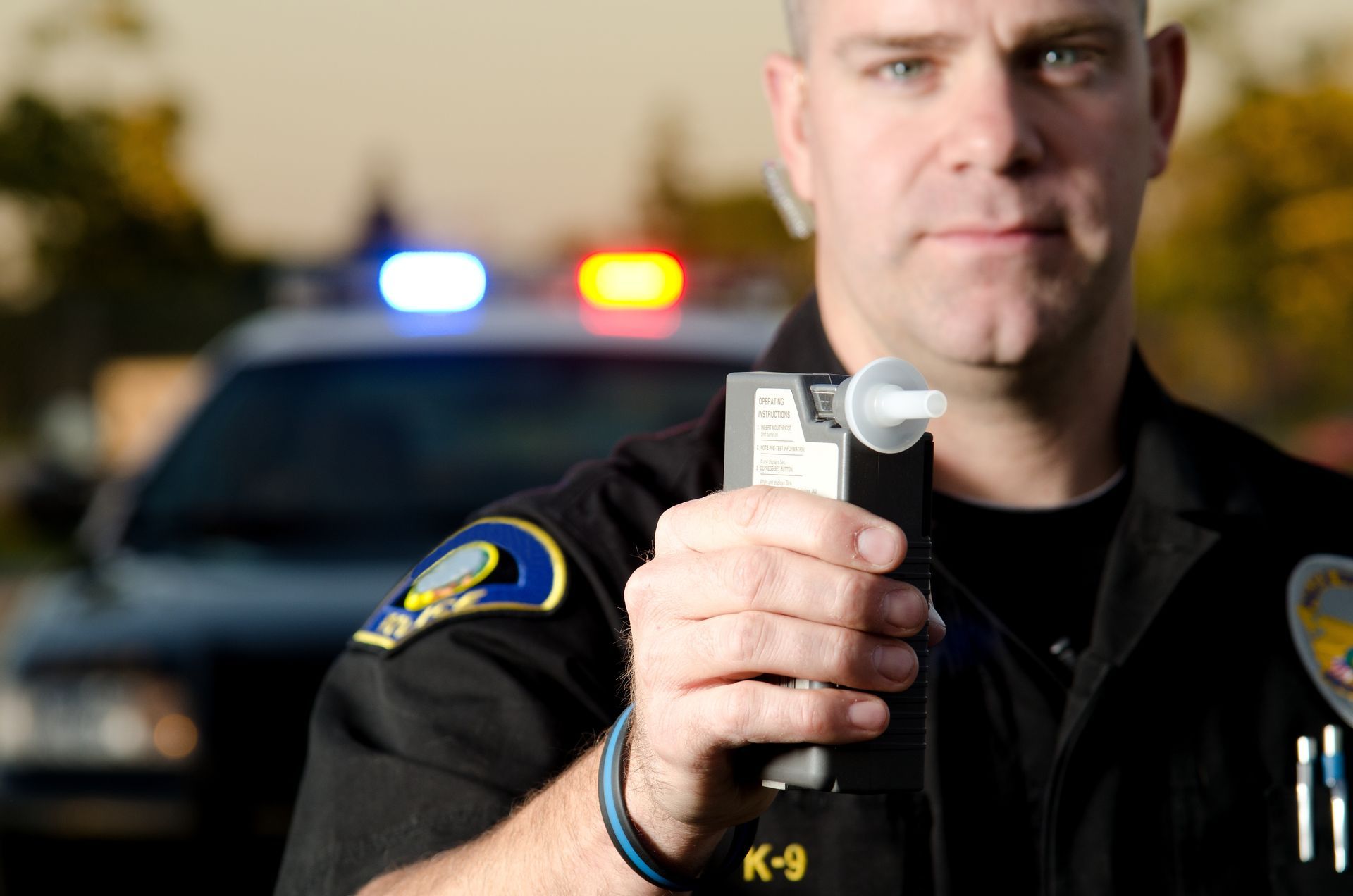How Can an Identification Procedure Be Flawed?

The identification process law enforcement uses possesses a number of weaknesses and flaws that can increase the likelihood of misidentifying alleged culprits for crimes like assault, leading to improper charges being brought against innocent people.
Finding an experienced assault criminal defense attorney who has extensive trial experience and utilizes in-depth, detail-oriented investigative strategies to clear the names of clients is one of the best ways to protect yourself from misidentification.
If you’ve been misidentified as a suspect in an assault or another crime, board-certified Phoenix criminal defense lawyer Michael Alarid III is here to fight for you.
Flawed Law Enforcement Identification Procedures
There have been many high-profile examples of law enforcement misbehavior and mistakes in recent years. The potential for police officers to make mistakes or be dishonest extends beyond brash or incorrect decisions made in the heat of the moment when dealing with citizens – it can also affect the procedures they use to verify the identity of alleged suspects during investigations.
Law Enforcement Identification Procedures
Law enforcement agencies have adopted a number of procedures to aid in the identification of suspects. The reliability of these processes is varied, and there is room for abuse and strategies to game the procedure and influence outcomes.
Sequential Lineups
In a sequential lineup, witnesses only view one potential suspect at a time rather than all the subjects at once in the same viewing room. Sequential lineups reduce the likelihood of a witness identifying a known-innocent lineup filler.
Standard Instructions
Law enforcement should inform witnesses that the suspected perpetrator may or may not be present in the lineup and that the investigation will move forward regardless of whether they identify the perpetrator during the lineup. These instructions are intended to reduce the pressure on the witness to guess or identify a person without being confident.
Similar Appearance
It’s important that none of the people in the lineup have noteworthy or unique appearances that make them stand out. All the individuals chosen for a lineup should generally match the witness’s description of the perpetrator and resemble each other so the suspect doesn’t obviously stand out.
Recorded Confidence Statements
After a witness identifies a suspect, their level of confidence should be immediately recorded to provide context on the reliability of their choice.
Blind Lineup
The law enforcement officials conducting the lineup are not supposed to know who the suspected perpetrator is. If they do, they may intentionally or unintentionally give the witness cues that could influence their identifying choice.
No Multiple Viewings
Witnesses should only be shown the suspects or participants in lineups a single time. Showing the same people in a photo array and a live lineup can increase the risk of false identification.
Factors That Can Lead to Incorrect Identification in Law Enforcement Investigations
Suggestive Lineups
Law enforcement is notorious for using what are known as suggestive lineups, or intentionally drawing attention to a particular person in a lineup. This could be something like putting a suspect in a particular piece of clothing the witness believes they saw the perpetrator wearing – or removing that type of clothing from other people standing in the lineup.
Non-Blind Administration
Law enforcement lineup administrators are supposed to utilize double-blind procedures when administering lineups. This means the officers coordinating and setting up the lineup are not supposed to know who the suspect is to prevent intentionally or unintentionally tipping off witnesses.
There are a number of ways in which this system can be subverted, resulting in lineup administrators having knowledge they shouldn’t and potentially influencing the outcome – even if only on a subconscious level.
Stress-Related Memory Lapses
Stress, anxiety and trauma can distort memories. Eyewitness identification abilities can be severely hampered by anxiety, which can lead to false accusations. Human memory is far from infallible, and witnesses can and do make mistakes.
Cross-Racial Identification
There are many studies that show people have more trouble accurately identifying individuals from a race other than their own.
Pre-Lineup Interactions
Witnesses do not view lineups in a vacuum. They are exposed to interactions on their way to the lineup, may see media that overtly or subconsciously influences their choice, have conversations with other witnesses or be shown mugshots prior to a lineup. All these inputs or interactions can influence and potentially alter the outcome of lineups.
Confirmatory Feedback
Law enforcement may improperly give the witness more information after their lineup decision.
Telling a witness that the person they identified was the one police suspected can increase their confidence, even if they were initially uncertain about their choice. This can contaminate the entire process and negatively influence the outcome of investigations, trials and plea negotiations for defendants.
Were Your Rights Violated Due to Improper Identification Procedures in Phoenix?
Law enforcement officials and prosecutors are far from infallible. Mistakes can be made at any point of the investigatory process and during prosecutions. If you believe improper identification procedures contributed to you being named as a suspect or prosecuted, board-certified criminal defense attorney Michael Alarid III is ready to fight for you. Call our Phoenix criminal defense law firm at (602) 818-3110.



